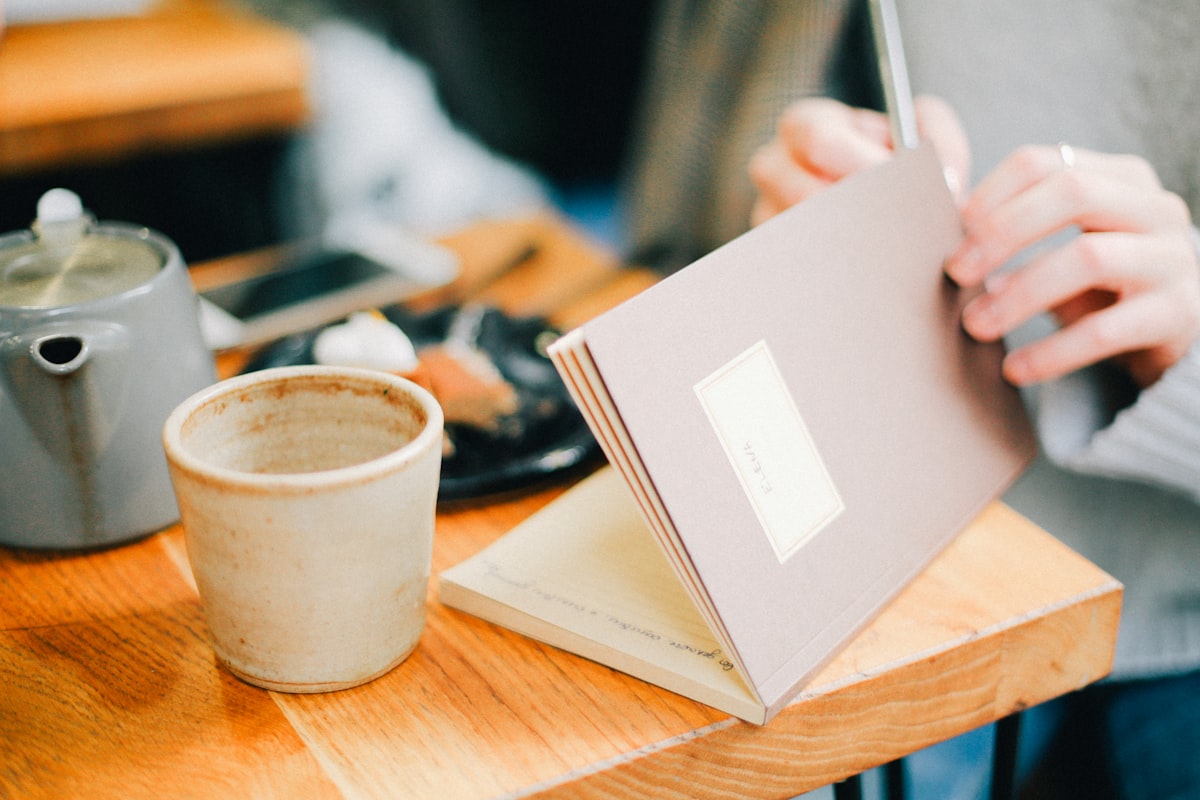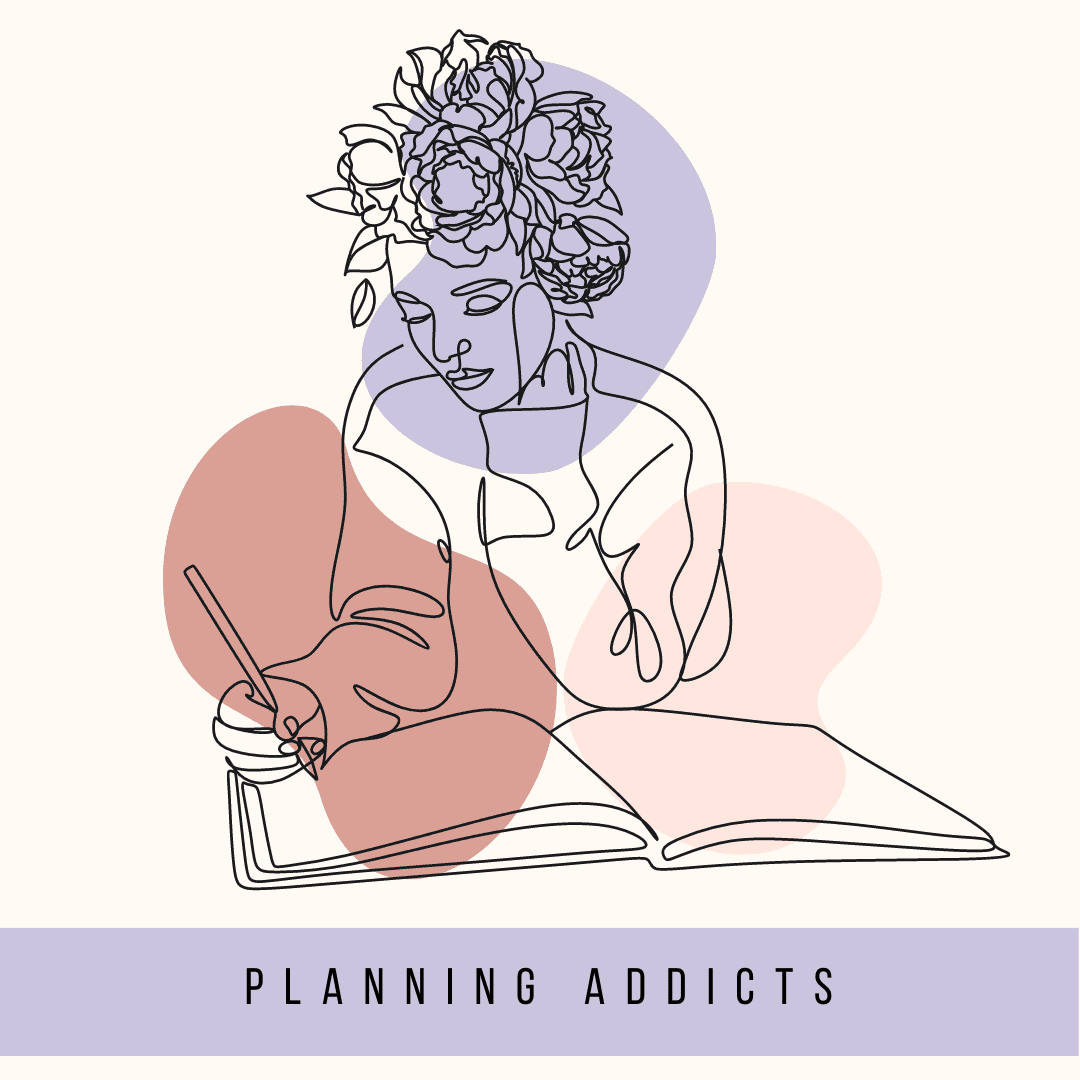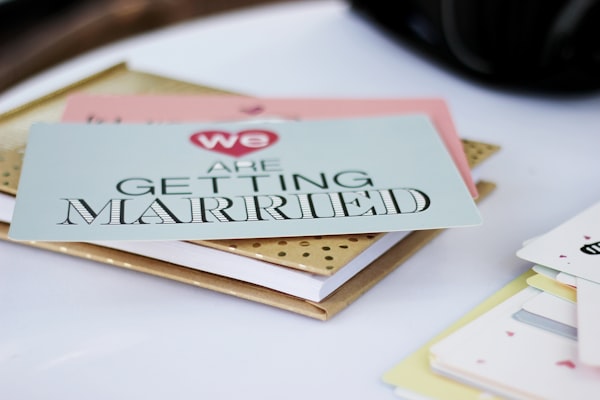5 Hobbies You Should Journal For

No matter your hobbies, whether it is physical like yoga or mental like chess, they’re great for your well-being . They can improve your mental health by helping manage your stress and moods.
Learning new skills also improves neuroplasticity, which essentially changes your brain on a structural level. You end up building new connections between different parts of your brain, which can help you respond differently to challenges as well.
If you have a new hobby, a great way to encourage your development is to journal about it. Aside from recording new knowledge and what you felt, journaling your hobby makes you feel that it is really important to you.
Journaling is not just a method of recording daily events; it's a powerful tool for personal growth, learning, and reflection. While virtually any hobby can be enriched through journaling, certain activities particularly benefit from this practice.
This information is designed to help you create the best products for your community by using private label rights (PLR) content from PlanningAddicts.com.
Here's an expanded list of seven hobbies where journaling can play a transformative role, enhancing both your skill and enjoyment.

1. Yoga: A Journey of Mind and Body
Yoga is more than physical exercise; it's a spiritual and emotional journey. Journaling before and after each yoga session can deepen this experience. Document your intentions, the poses you practice, and your feelings during the session.
Note any progress or challenges in your practice. This reflection helps in recognizing patterns and emotions associated with different poses and sequences, fostering a more mindful and introspective approach to yoga.

2. Chess: Strategy on the Page
For chess enthusiasts, a journal is a battleground for strategies. Record your games, including moves and strategies, and reflect on what worked and what didn't.
This practice is invaluable for improving your game. Analyze your decision-making process and opponent's strategies, turning your journal into a playbook of your chess journey.

3. Poker: Calculating Risks and Rewards
Poker, a game of skill and chance, demands keen observation and strategic thinking. Use your journal to track different game types, your wins, losses, and strategies.
Reflect on the hands played, bluffs made, and the psychology of your opponents. A poker journal is a great tool for learning and adapting your game plan.

4. Cooking: Culinary Experiments and Discoveries
A cooking journal can be a repository of recipes, experiments, and culinary successes. Note the recipes you've tried, modifications made and the reactions they elicited.
Documenting your cooking journey helps in refining recipes and encourages culinary creativity. It's also a delightful way to remember special meals and moments in the kitchen.

- Gardening: Growth in Every Entry
Gardening is a hobby of patience and learning. A gardening journal can track plant growth, garden layouts, and seasonal changes.
Record your successes and setbacks, noting what works for different plants. This diary becomes a practical guide and a beautiful record of your garden’s evolution.

Bonus: Reading Beyond the Pages
For avid readers, a journal can enhance the reading experience. After finishing a book, jot down your thoughts, feelings, and reflections.
Note themes, character development, and plot twists. This not only deepens your understanding of the book but also serves as a personal library of reflections that you can revisit.

Bonus: Photography: Capturing Moments and Techniques
Photography enthusiasts can use a journal to note details of their shoots, including lighting, composition, and camera settings.
Reflect on what worked and what didn't, and plan future projects. This habit not only aids in honing your skills but also serves as a narrative of your growth as a photographer.
So, journaling is obviously a versatile and powerful tool that enriches a variety of hobbies. Whether it's the introspective journey of yoga, the strategic thinking in chess and poker, the creative explorations in cooking, the patient observations in gardening, the reflective journey of reading, or the artistic growth in photography, journaling adds depth and perspective to these activities. By recording your experiences, challenges, and successes, you create a personalized roadmap of your hobby journey, enhancing both your skills and enjoyment.
FAQ :
Q1: How often should I journal for my hobby?
A: The frequency of journaling depends on your personal routine and the nature of the hobby. Daily entries are great for hobbies like yoga or cooking, while weekly summaries might work better for gardening or reading. The key is consistency.
Q2: What should I include in my hobby journal?
A: For each hobby, focus on documenting your progress, challenges, successes, and insights. For example, in a gardening journal, you might include plant growth, weather conditions, and gardening techniques. In a photography journal, you might note the locations, lighting conditions, and camera settings.
Q3: Can digital journaling be as effective as traditional pen and paper?
A: Absolutely! Digital journaling offers convenience and additional features like photo attachments and easy editing. The choice between digital and traditional journaling depends on your personal preference.
Q4: How can journaling improve my skills in a hobby?
A: Journaling helps by allowing you to track your progress, reflect on your experiences, and plan future steps. It provides insights into what works and what doesn't, helping you refine your techniques and approach.
Q5: Is it okay to share my hobby journal with others?
A: Yes, sharing your journal can be a great way to connect with others who have similar interests. It can also provide valuable feedback and different perspectives on your hobby.




